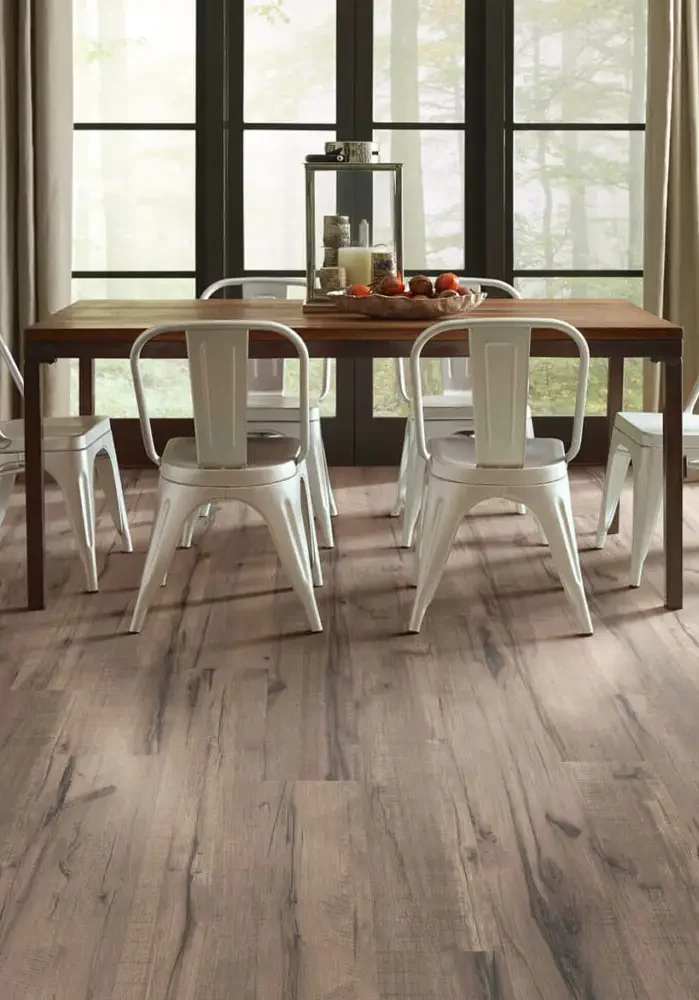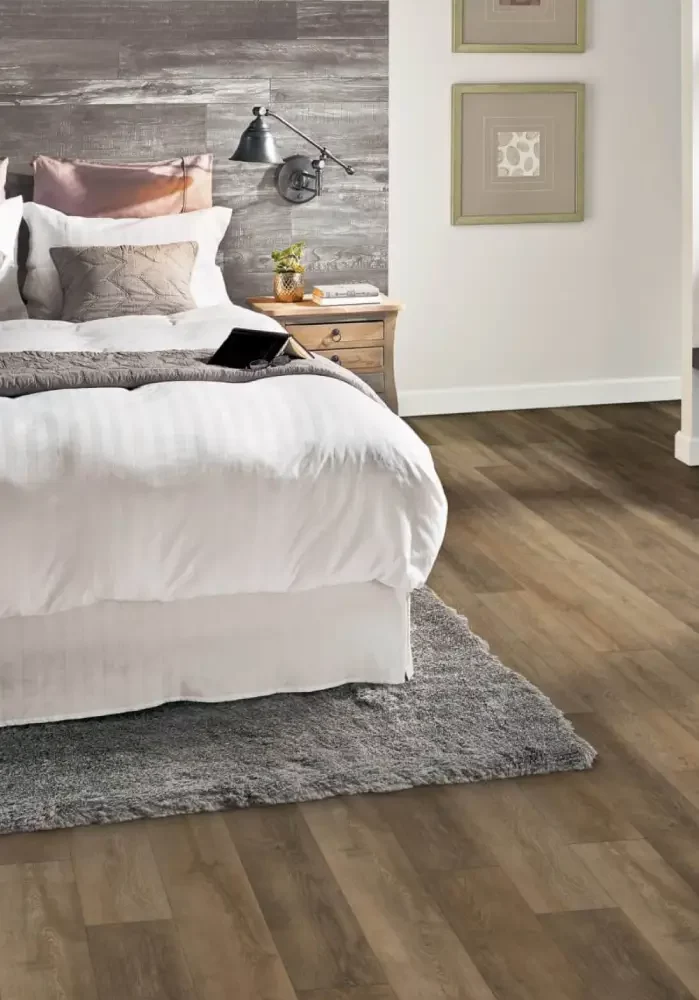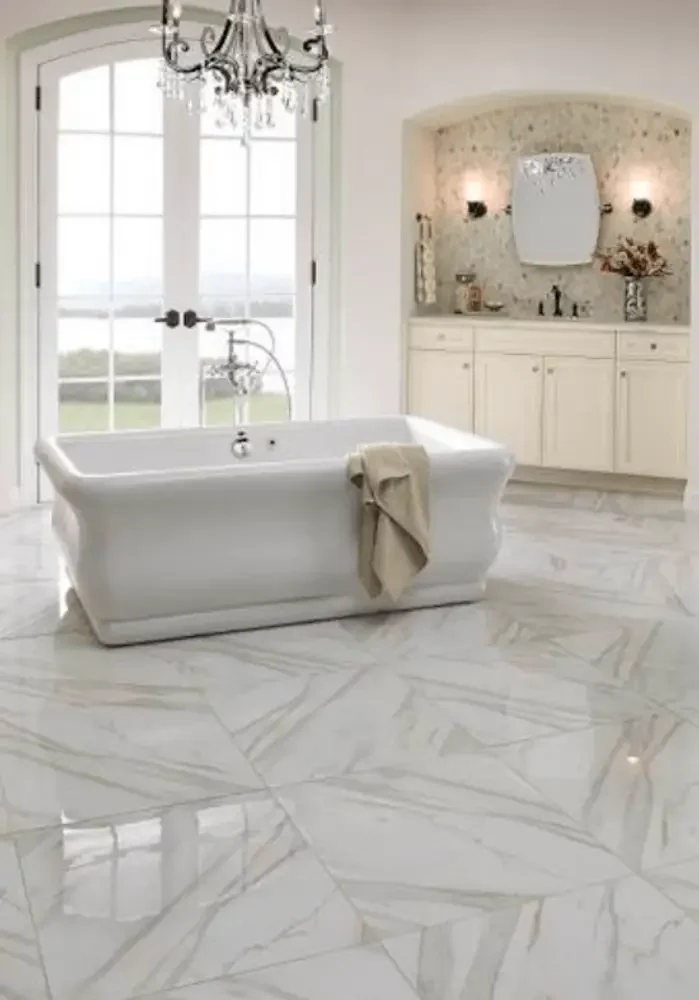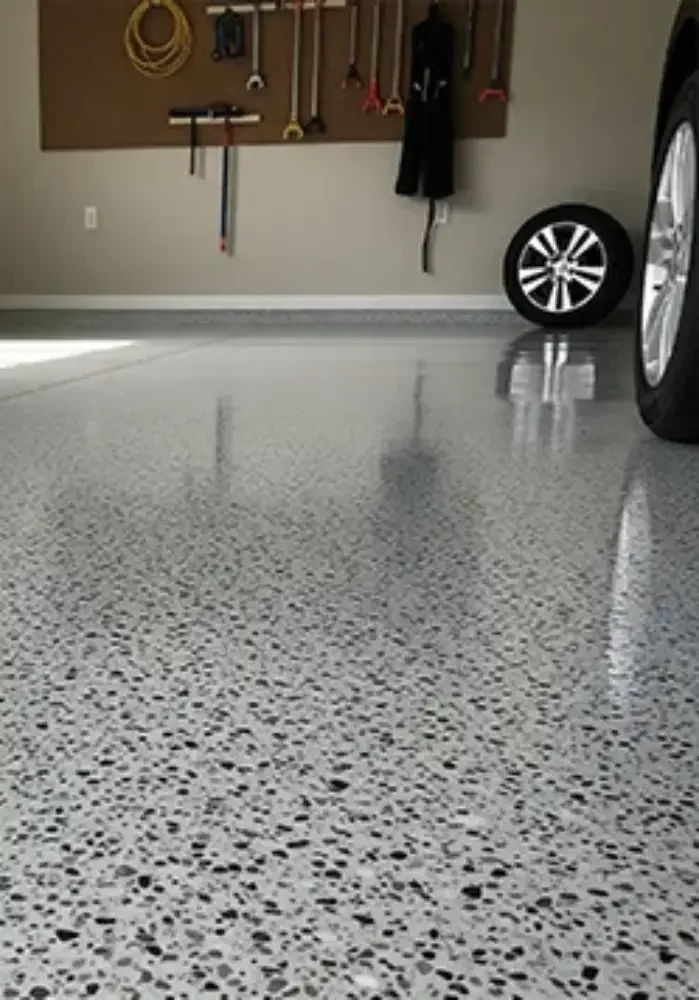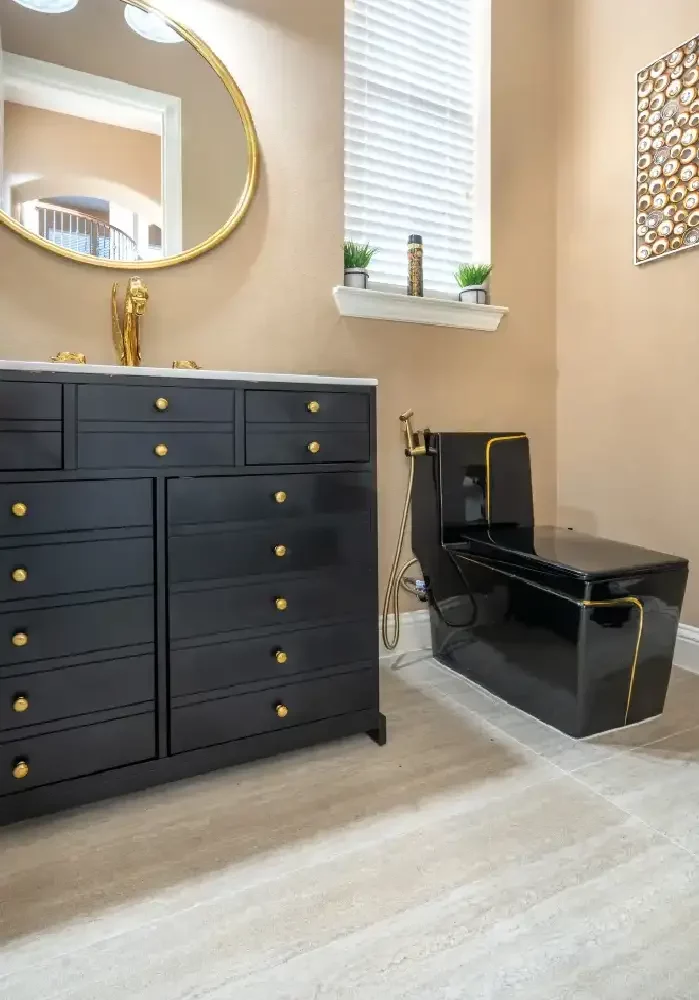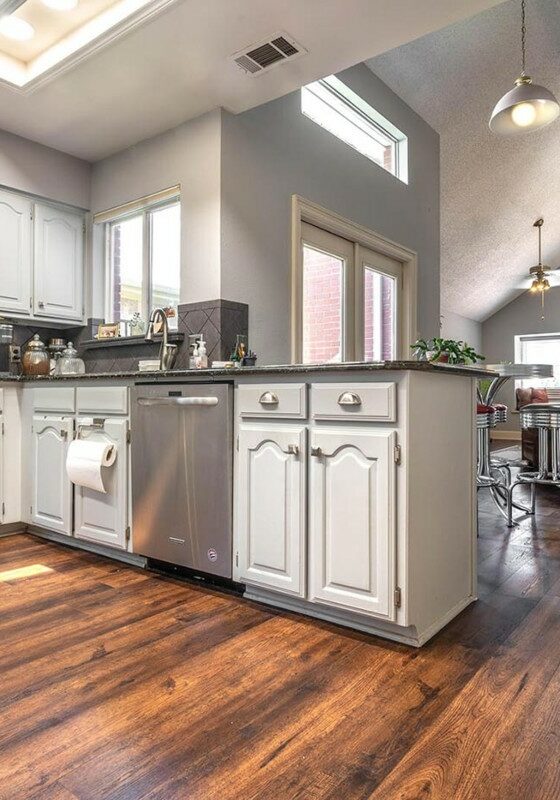How to Calculate Flooring Costs

According to Forbes Home Improvement advisor, the average cost of flooring a 500 sq. ft. room is $3000. Floor installation is a long-term investment. Some materials may last until the end of your house’s life. Therefore, you should carefully consider installing a floor because you will have to put up with your decision for years, if not decades. Flooring cost varies and is influenced by several factors. You can check out our free in-home flooring cost estimate.
Factors that Influence Flooring Cost
First, it depends on the extent of installation- new flooring or repair. Secondly, the floor type you choose affects the cost. Noteworthy, each type of floor is unique and has a unique pricing system and different installation costs. Thirdly, you should factor in costs of additional installations under the floor, for example, underfloor heating and underlayment for acoustic features. Last but not least, there are miscellaneous costs during floor installation.
The Extent of the Project: New Floor Installation or Repair
The flooring cost varies depending on whether you are installing a new floor or renovating an existing one. When renovating an existing floor, you will bear the cost of removing the old floor. The cost of old floor removal depends on the flooring type.
In addition to that, you should ask your contractor for any costs related to preparing the floor before the installation. For home improvement projects, you should factor in the costs of moving furniture.
Complementary Installations on the Floor
Additional costs of flooring include HVAC systems, plumbing, electrical, among others. For example, if you are renovating your bathroom or kitchen, then you should include plumbing costs. Besides that, if you want a noise-proof room, you may want to add a floor underlayment. Also, the costs of pouring the concrete can significantly affect the cost of flooring.
Apart from that, some residential or commercial property owners may want to install underfloor heating in some rooms, and as such, you should factor in the costs. All these expenses will increase the cost of flooring materials and installation. Besides that, it may take longer to install the floor, which will also increase the cost of installation. In this regard, when installing a floor, add up all the direct and indirect costs.
Flooring Type and Installation Costs
Each type of flooring has a different pricing system. Moreover, each has different installation costs. When choosing a flooring type, you should consider various factors, including:
- Traffic to the room,
- How easy it is to clean the floor
- How water-prone the room is, among other considerations.
The type of flooring you install should reflect your personal style, preferences, and budget allocation. Noteworthy, each flooring type has different colors, patterns, and qualities and, therefore, different prices.
As such, you should narrow down your selection of each flooring material for every room in your house before you determine the cost of flooring materials. Vinyl flooring, laminates, and luxury vinyl flooring have different varieties to choose from. Some have waterproof features, while others don’t have.
Basically, if you are operating on a tight budget, you may want to consider installing cheap laminate, vinyl, and luxury vinyl designs. Hardwood floors are usually more expensive than other flooring types, even though some luxury vinyl tiles are as expensive as hardwood.
Furthermore, installing hardwoods, tiles, and stone flooring is more expensive than installing vinyl, laminates, and luxury vinyl tile flooring.
How Much Does Flooring Cost?
The cost of installing a floor is usually calculated per square foot. Estimating the average price of installations or flooring materials is quite difficult because they differ from state to state. The flooring material cost depends on the brand, but here is a rough estimate that you can use to work with.
Average Cost of Flooring Materials (Excluding Installation Costs)
Flooring Material | Average Cost per Sq. ft |
Laminate flooring | $2.50-$5.50 |
Hardwood flooring | $2-$10 |
Engineered wood flooring | $2-$12 |
Carpet flooring | $3.50-$45 |
Tiles | $2-$8 |
Hardwood Flooring Cost
There is a wide range of choices for hardwood flooring that fall under two main categories: engineered and solid wood. More specifically, different types of hardwood floor tree species types have different pricing. Some of the tree species to choose from include hickory, walnut, cherry, oak (red and white oak), ash, and bamboo.
We also have reclaimed vs. regular wood. Each of the tree species or hardwood types has different prices. Should you choose hardwood as a flooring type for some of your rooms, the cost will depend on the tree species you will settle for. You can go for engineered hardwood or solid hardwood floors.
Laminate Flooring Cost
There are different brands of laminate flooring, each priced differently. More so, the price of laminate flooring depends on the thickness of the tiles. The thicker the tile, the more costly it will be.
Vinyl & Luxury Vinyl Tile (LVT) Flooring Cost
Vinyl flooring materials are affordable and cheap to install. Therefore, if you are operating on a tight budget, you can settle for this floor. The advantage is the availability of various patterns, colors, and models, including stone and hardwood imitations. However, it may require an underlayment if the sub-floor is not smooth.
For luxury vinyl tiles, there is a wide range of choices available. Low-quality materials cost about $2 to $3 per square foot. Medium-range materials cost between $4 to $5 per square foot, while high-end models can cost $5 to $7 per square foot.
Carpet Flooring Cost
There are many brands and types of carpets in the market. We have carpet tiles and wall-to-wall carpets, which come in one piece. We also have different carpet materials categorized into two: synthetic and natural materials. In addition to that, carpets have different thicknesses. Some carpet stores claim to offer free installation services, although installation costs are usually factored in the carpet cost. Other factors that can change the regular carpet cost per square foot include carpet padding and tack strips.
Tile Flooring Cost
When determining the cost of tiles, you should be careful with installation costs because they are usually higher than buying the tiles. There is also a wide range of tile brands that have different patterns and come at different costs. The average cost is hard to estimate because cheap tiles cost as little as 60 cents per square foot, excluding installation costs. On the other hand, we have high-end tiles inlaid with diamonds, mother of pearls, and abalone, which cost as much as $10000 per square foot.
Other Factors
If it is a big project, you may incur supervision costs because it will need a project manager. Other costs may include permits and inspection fees. Other factors that can increase the cost of your flooring include how far you live from the flooring contractor’s place of work. The further you live from your contractor, the more costly it will be.
When estimating the cost of a flooring project, it is essential to do your homework well and factor in most of the costs. After establishing the final price, you can add a 5% or 10% markup to take care of contingencies.
When buying flooring materials, ensure that you get the dimensions of your room well so that you don’t buy less or excess materials. Less material will mean another trip to the store, and more material will mean negotiating with your flooring stores to take them back.




